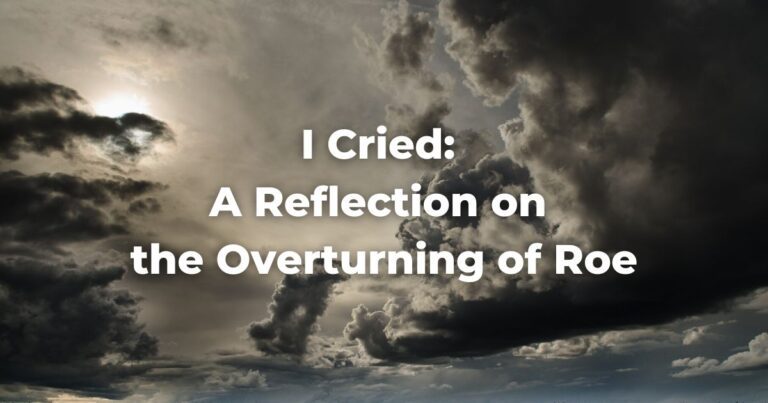Marking a grave clearly is a religious obligation, and this has traditionally been done with a stone marker of some sort.
What are some tombstone customs in Judaism?
Also, setting a tombstone up on the grave of a loved one is another way of memorializing the name of the deceased and their Hebrew name and dates. Often, the outstanding characteristics of the deceased are noted briefly on the tombstone as well.
A tombstone should be inscribed and erected within the first year, but it can be done any time after shivah concludes. In Israel, the custom is to erect the monument at the end of the sh’loshim period.
While there are no firm halakhic guidelines regarding the text, the inscription on a tombstone should include the full Hebrew name of the deceased. The name of the deceased individual’s parent(s) are included as well.
The inscription should note the Hebrew date of death, i.e., the individual’s yahrtzeit.
What do the letters on Jewish tombstones mean?
On the top of the stone, it is traditional to inscribe the letters פנ pei-nun which stand for poh nitman or poh nitm’nah (“here lies interred”) or poh nikbar or poh nikb’rah (“here is buried”).
On the bottom, the Hebrew words for “May the soul of the deceased be bound up in the bond of life everlasting” are usually represented by their initial letters only: tav-nun-tzadi-bet-hei. – תנצבה
It has become customary to dedicate the tombstone formally (often referred to as an Unveiling), usually somewhere around the date of the first yahrtzeit.
The most usual procedure is for a cloth of some sort to be draped over the stone so that it may formally be unveiled, at which time psalms are read, the El Malei Raḥamim memorial prayer is chanted, and, if a minyan is present, the Kaddish is recited.
Adapted with permission from The Observant Life.
Authors
-

-



The Observant Life: The Wisdom of Conservative Judaism for Contemporary Jews distills a century of thoughtful inquiry into the most profound of all Jewish questions: how to suffuse life with timeless values, how to remain loyal to the covenant that binds the Jewish people and the God of Israel, and how to embrace the law while retaining an abiding sense of fidelity to one’s own moral path in life. Written in a multiplicity of voices inspired by a common vision, the authors of The Observant Life explain what it means in the ultimate sense to live a Jewish life, and to live it honestly, morally, and purposefully. The work is a comprehensive guide to life in the 21st Century. Chapters on Jewish rituals including prayer, holiday, life cycle events and Jewish ethics such as citizenship, slander, taxes, wills, the courts, the work place and so much more.
View all posts





